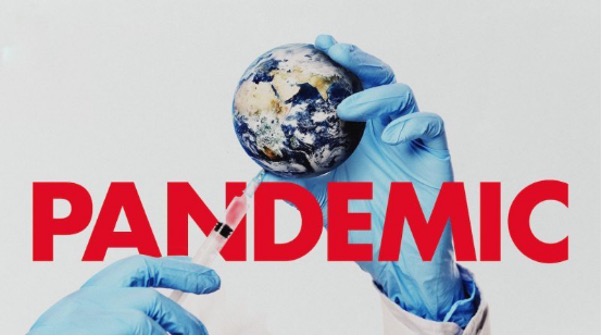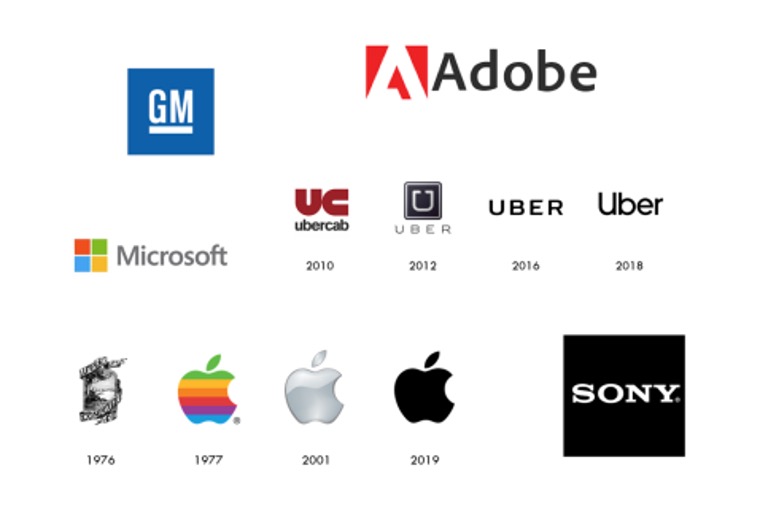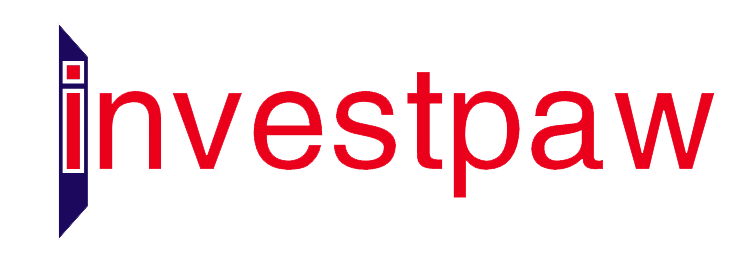2020 has been a rough year, with COVID-19 and the unemployment rate reaching an all-time high of 14.5%.

We are seeing household names like J.Crew filing for bankruptcy, and the gym chain 24 Hour Fitness declared bankruptcy. Companies large and small are struggling to survive.
Seems like everyone’s holding tight onto their wallet and living with a tight budget.
But you might also wonder, what are the chances a pandemic could bring. How can we catch a “black swan” and survive, if not thrive.
Here are some facts you might be interested in that happened before during some previous pandemic or crisis.
- General Motors, 1908. Founded in the aftermath of the Panic of 1907.
- PG, 1937. Founded in the Great Regression.
- HP, 1939. Founded during the end of the Great Regression. The world trade was in a decade’s low.
- Microsoft, 1975. Founded during the Oil Crisis during the 1970s.
- Apple, 1976. Founded in during economic stagnation during the 1970s and 1980s.
- Adobe,1982. Founded during the early 1980s recession.
- SONY, 2001. Founded during the end of the dot-com bubble.
- Uber / Airbnb,2007. Financial crisis of 2007–2008.

What Can We Learn From This?
In 2009, the Kauffman Foundation underwent a research and came up with 3 main findings:
- Recessions and bear markets, while they bring pain and often lead to short-term declines in business formation, do not appear to have a significantly negative impact on the formation and survival of new businesses.
- Well over half of the companies on the 2009 Fortune 500 list, and just under half of the 2008 Inc. list, began during a recession or bear market. We also find that the general pattern of founding years and decades can help tell a story about larger economic trends.
- Job creation from startups is much less volatile and sensitive to downturns than job creation in the entire economy.
Economist Frank Hyneman Knight argued that without uncertainty, there’s no profit for companies; and without uncertainty, there’s no entrepreneurship.
Thus, what we should focus on now other than survival and cashflow, is how to thrive in the mega uncertainty.





